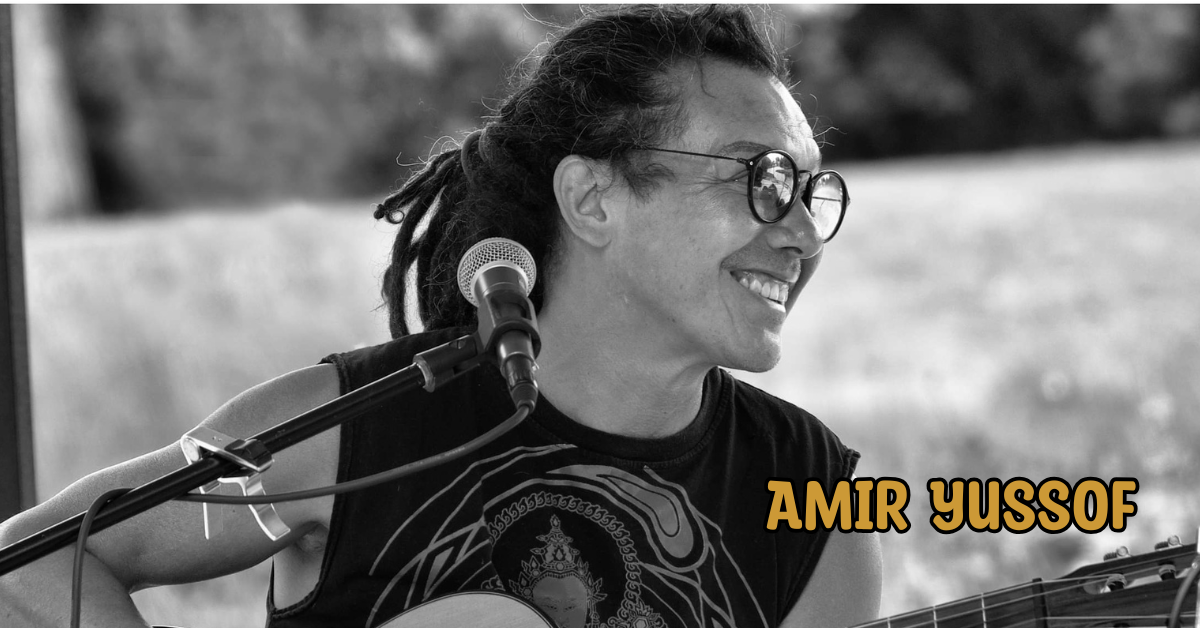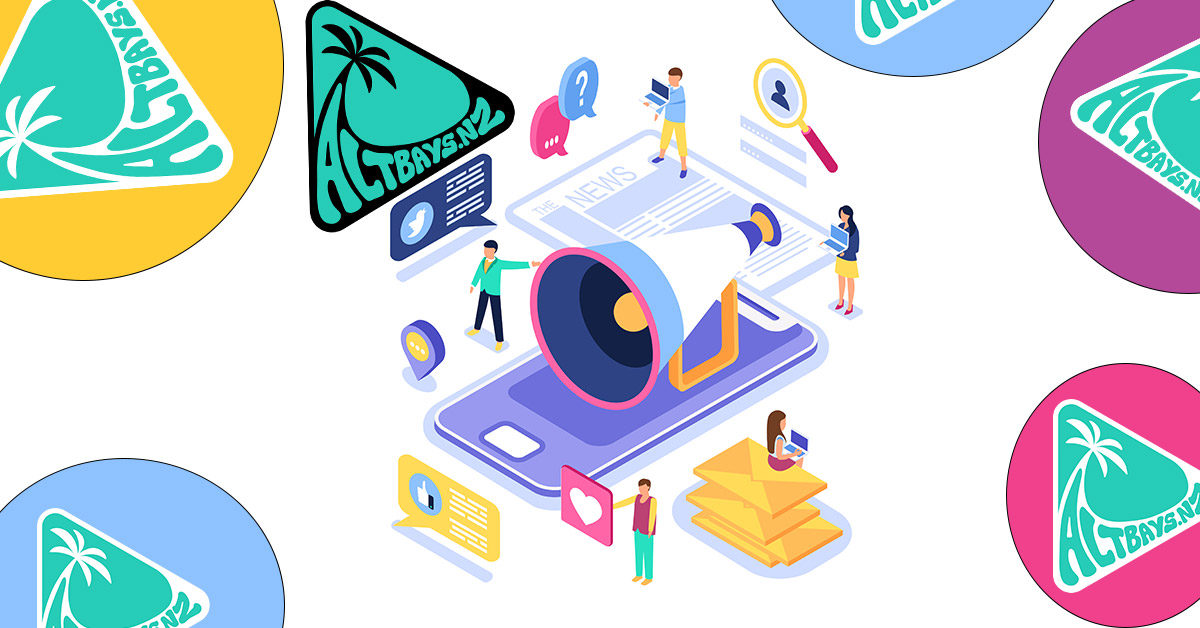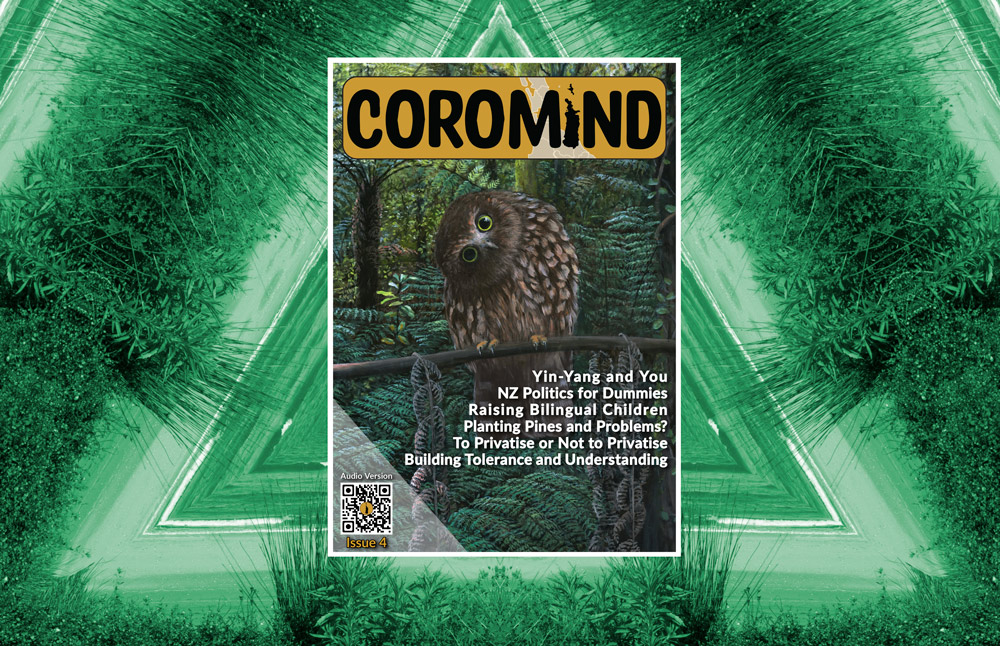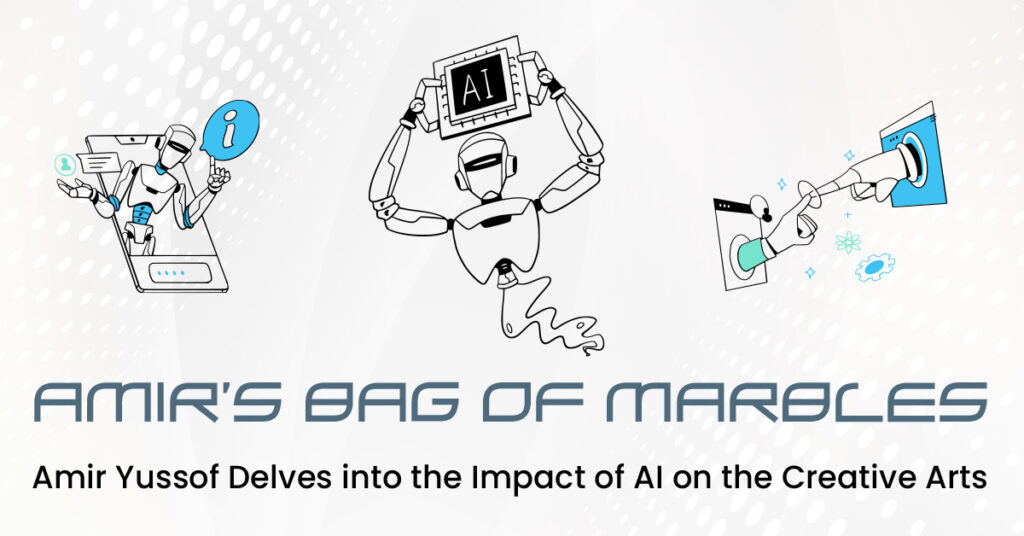
While walking the dogs today, it dawned on me that A-R-T, are the first three letters in the word ‘artificial’. Intrigued, I looked up the origin of the word and was pleasantly surprised. The first records of the word come from around 1400 and its roots lie ultimately in the Latin artificiālis, meaning ‘belonging to art’, from artificium, meaning ‘skill’. Now that was completely unexpected.
My first experience with artificial intelligence was many years ago, when we would play chess against a computer, and with every game it remembered our moves for subsequent games. Eventually it became increasingly difficult (or impossible) to win against it anymore. Then along came automated factories; video games and chunky computers became household items. Subsequently, ‘smart’ phones/TVs and social media invaded our lives. Few are aware that S.M.A.R.T initially stood for ‘Self-monitoring, Analysis and Reporting Technologies’, in reference to a device that can learn from the way we used it.
Recently, AI has exploded into our everyday lives, evoking different degrees of emotions and acceptance from different people. The extent to which AI is presently used and applied in our society, and its implications in commerce, social media, advertising, healthcare, digital currencies et cetera is impressive – but for the sake of this article, I think the relevant topic should be AI and the Creative Arts Industry. The new software applications available are already quite confounding, and are developing at a staggering speed, even as I write. The effect on the creative industry seems to have split people into three different schools of thought. The first school is threatened and horrified at AI’s ability to create and ‘replace’ us almost instantly. The second school embraces it fully and members enjoy exploring areas of themselves never possible before; when these two schools meet, it can often lead to passionate and heated arguments. The third school of thought acknowledges the new technology and accepts the fact that it isn’t going away, it doesn’t care what we think and so perhaps we should adapt and make the most of it.
The industries of writing, voice overs/narration, music composition and drawing are hugely impacted. AI threatens a lot of us; that feeling of being obsolete and replaceable in our spectrum of creativity. It is accused of not having passion or emotion and that it ‘denies’ the whole process of being creative. And yes, many individuals have been and will be ‘replaced’ but the question is: Is this due to AI, the human talent or skill, or the cost factor? Some of us see it as an amazing time-saving application; for example, to be able to produce a fully orchestrated song in one day (rather than three weeks) without having to hire musicians, studios and engineers. Or, to be able to write articles and stories or paint with more ideas and helpful tools. I liken it to the recent pandemic in a way – the vax vs anti-vax debate and then those who stayed out of it, accepted the situation and moved forward.
But let’s get to the core of this. Artificial Intelligence has been around for a lot longer than we know or care to admit. The truth is, most of us use it in some way or another on a daily basis. We loved all the movies they made with and about it, we love (are dependent on) the gadgets, applications, appliances and social media that comes with it, and we love the way it saves us time and money and so many other things. There is even the possibility that in the future our world could be a cleaner, more peaceful place because of AI – or in a worst case scenario, according to a report released this week by Gladstone AI, it could “pose an extinction-level threat to the human species”. There is no doubt that there is a dark side to it, but isn’t there a dark side to all of us too? We created Artificial Intelligence and we have to accept that it is very much part of the current world we live in, lest we fade away criticising and blaming the world for making us obsolete. For now, it brings to mind an old classic song by Doris Day: “Que sera sera, whatever will be will be” – until then, the world still remains very much in human hands. But take a good look around – I’m not so sure that is such a great option either.
Words by Amir Yussof
Find out more about Amir here.
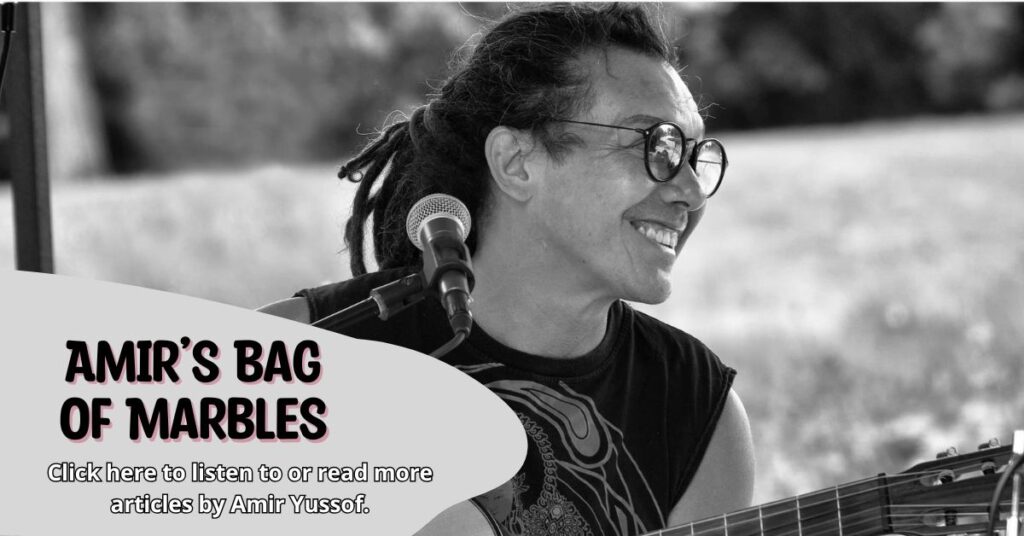
Coromind: Coromandel’s Collaborative Magazine

Help us take Coromind Magazine to new heights by becoming a member. Click here
Change the Weather for Your Business: Advertise with Us.
Advertise your business in the whole Hauraki Coromandel in the coolest Coromandel Art Magazine, from Waihi Beach/Paeroa /Thames up to the Great Barrier Island.
Advertise Smarter, Not Harder: Get in Touch




